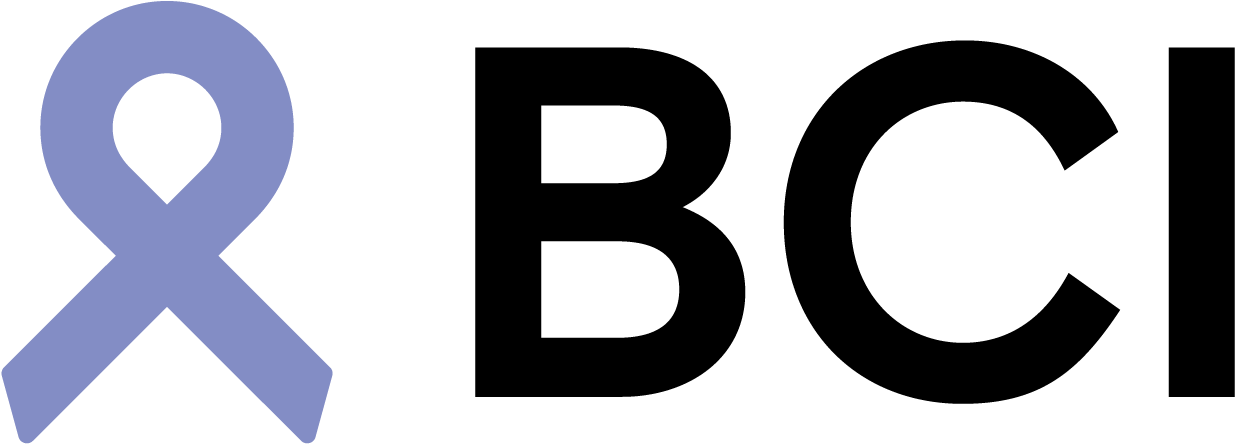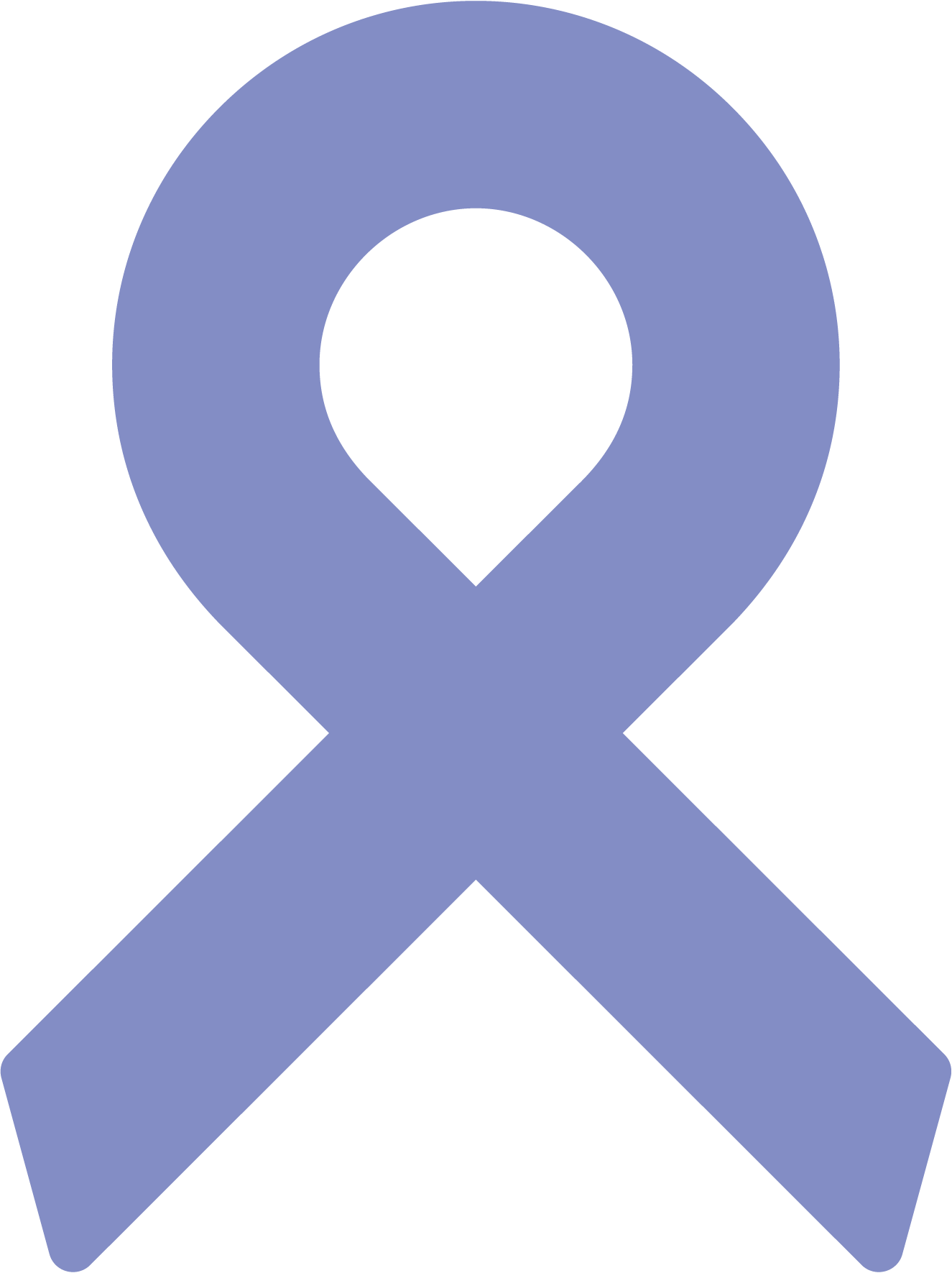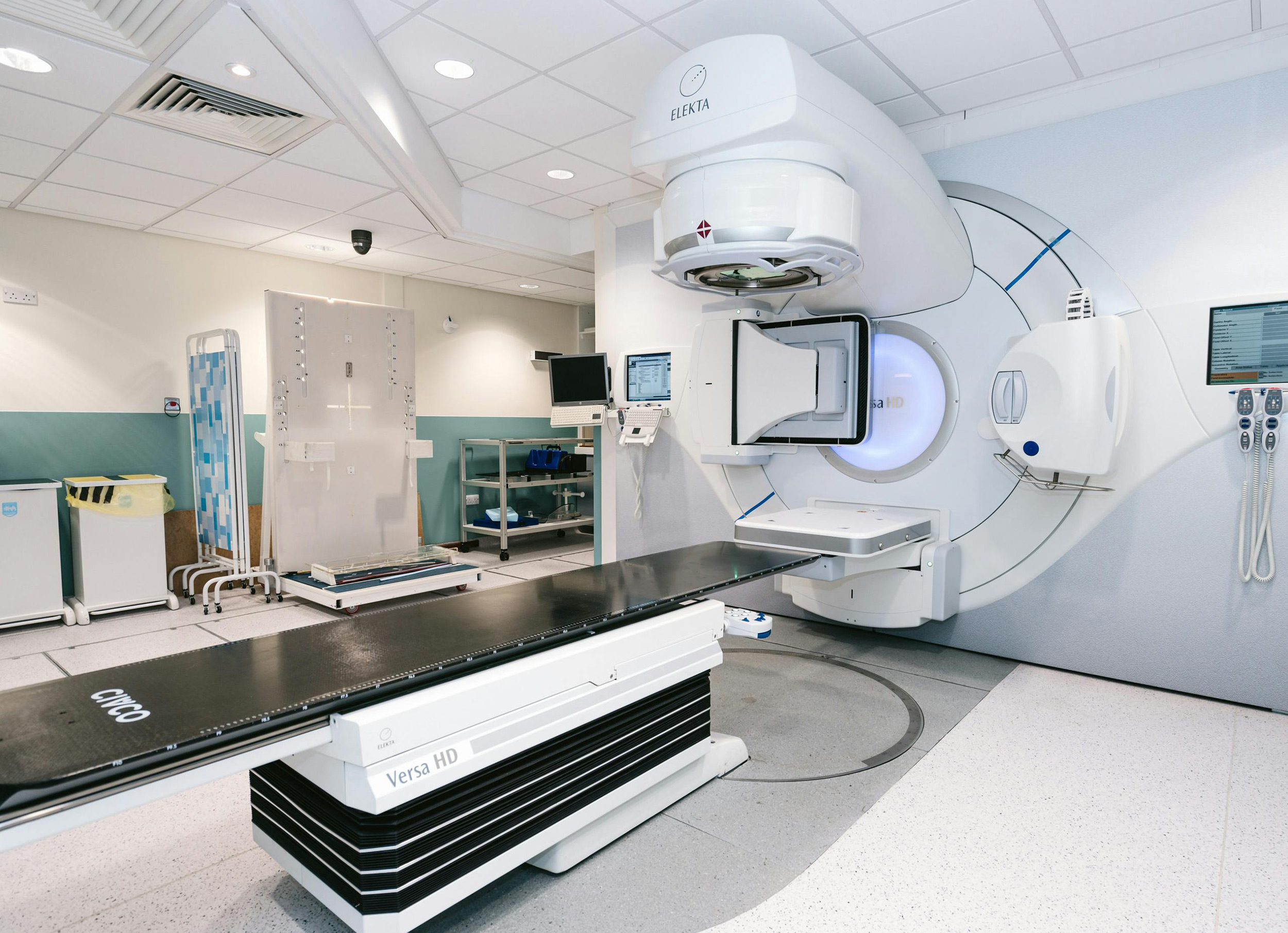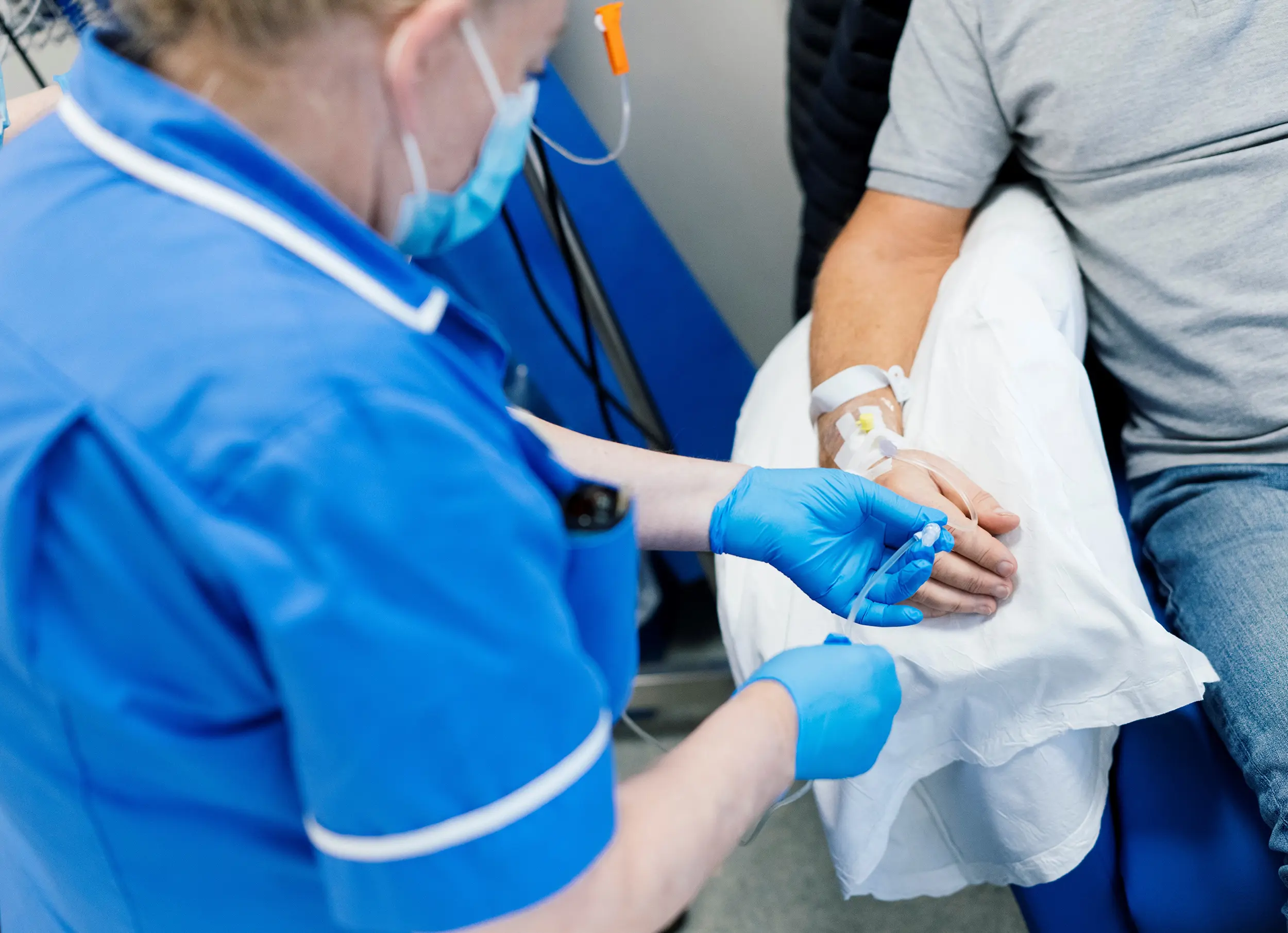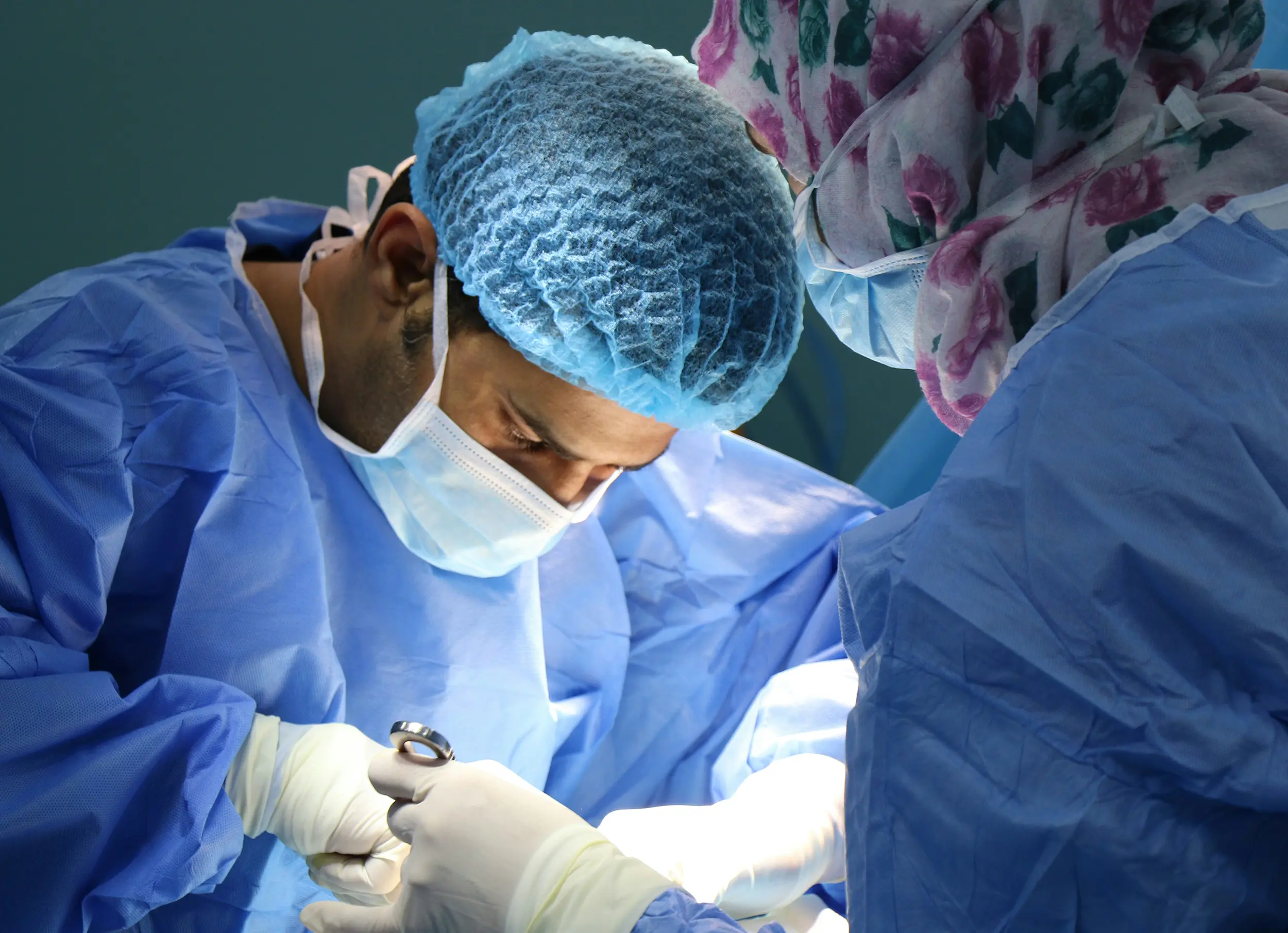- Cancer Information
- Treatment
Treatment
If you have been diagnosed with cancer, a team of health professionals will work together to plan the treatment that is best for you. This is called a multidisciplinary team (MDT).
The cancer MDT looks at national treatment guidelines or the latest evidence for the type of cancer you have. If you have any treatment preferences please let your cancer doctor know. Some of the following health professionals may be involved in your care:
Surgeon
A doctor who does operations (surgery).
Medical Oncologist
A doctor who uses chemotherapy and other anti-cancer drugs to treat people with cancer.
Clinical Oncologist
A doctor who uses radiotherapy, chemotherapy and other anti-cancer drugs to treat people with cancer.
Haematologist
A doctor who diagnoses and treats blood disorders and cancers.
Pathologist
A doctor who looks at cells or body tissue under a microscope to diagnose cancer.
Clinical Nurse Specialist (CNS)
A nurse who gives information about cancer, and support during treatment.
Macmillan Cancer Support Worker (CSW)
A CSW does not provide clinical information, however they support and advise on practical concerns.
Radiologist
A doctor who looks at scans and x-rays to diagnose problems.
Genetics Specialist
A doctor who is an expert in cancers caused by a genetic change.
Consultant
A doctor who will coordinate your care.
After you have been diagnosed, you may need more tests and scans to find out more about the cancer. The MDT will meet to discuss the results of these tests and plan your treatment. They will consider things including:
- The type and size of your cancer and whether it has spread elsewhere. This determines the staging of the cancer.
- Your general health and your performance status.
- Your preferences about any treatment options.
After the MDT meeting, you usually meet your cancer doctor and specialist nurse to talk over your treatment options. You need to have as much information as you need to make your decision. Doctors need your permission before they can give you any treatment. This is called consent.
Treatments vary per cancer type, so your team will talk to you about the best treatment for you as an individual. Treatments may include one or a few of the following types. Usually, if you have been diagnosed with cancer, a team of health professionals will work together to plan the treatment that is best for you. This is called a multidisciplinary team (MDT).
Radiotherapy
Radiotherapy is always carefully planned and given by a team of experts at a specialist centre. It can be delivered in different ways depending on your type of cancer.
Chemotherapy
Having chemotherapy depends on different factors, this link explains these and other things in more detail for you. Alongside the individual patient information given by your specialist medical teams.
Immunotherapy
The immune system protects the body against illness and infection. Immunotherapies are treatments that use the immune system to find and attack cancer cells.
Surgery
Surgery is a medical procedure it is sometimes used in helping to diagnose and stage your cancer.
